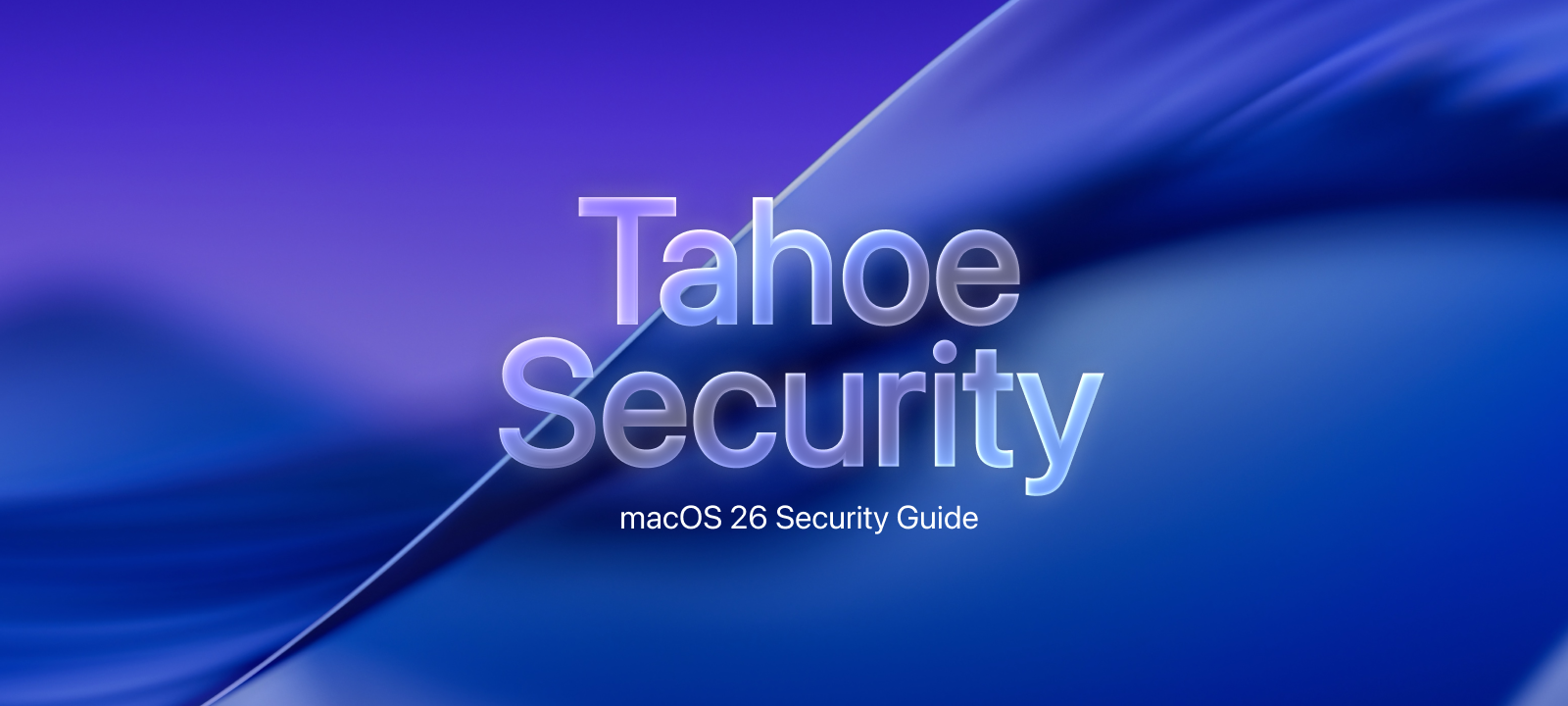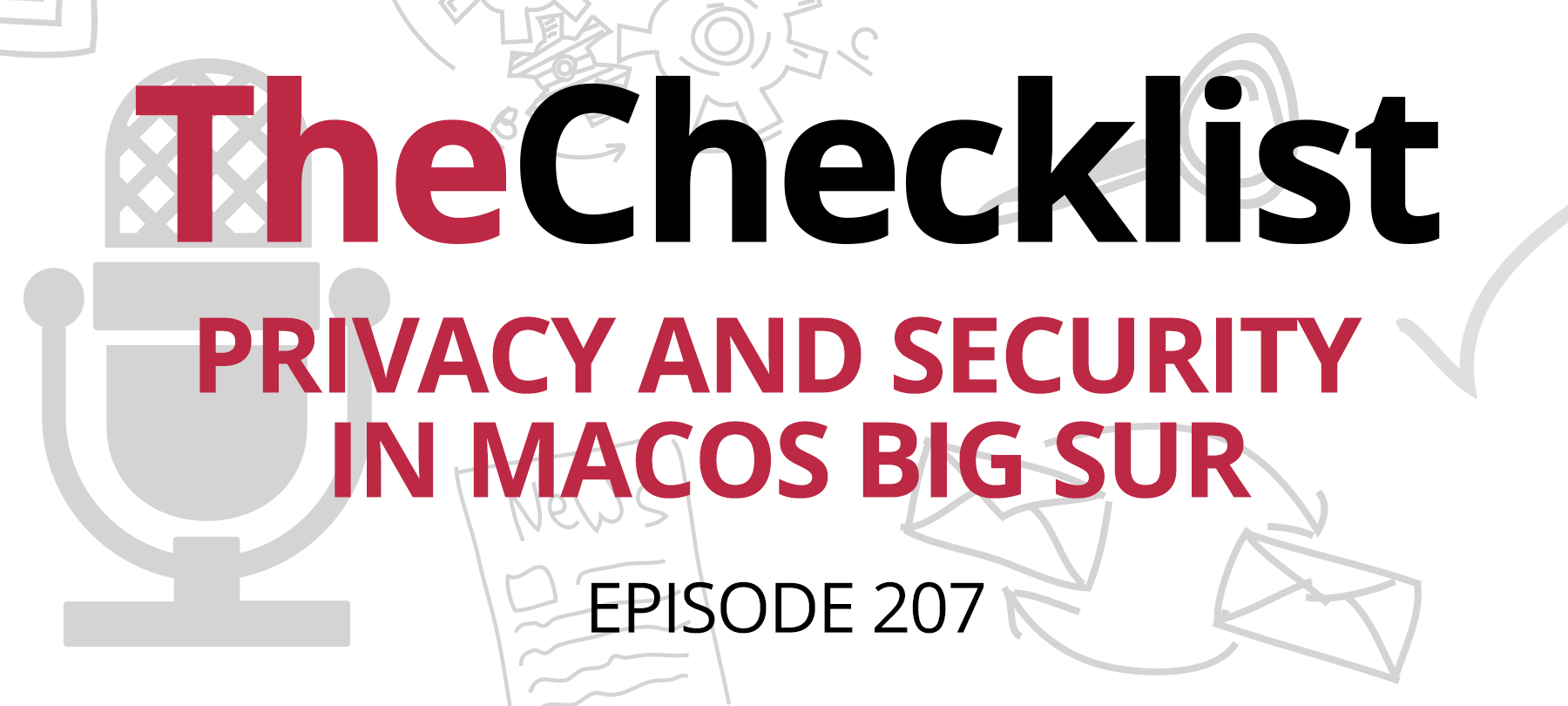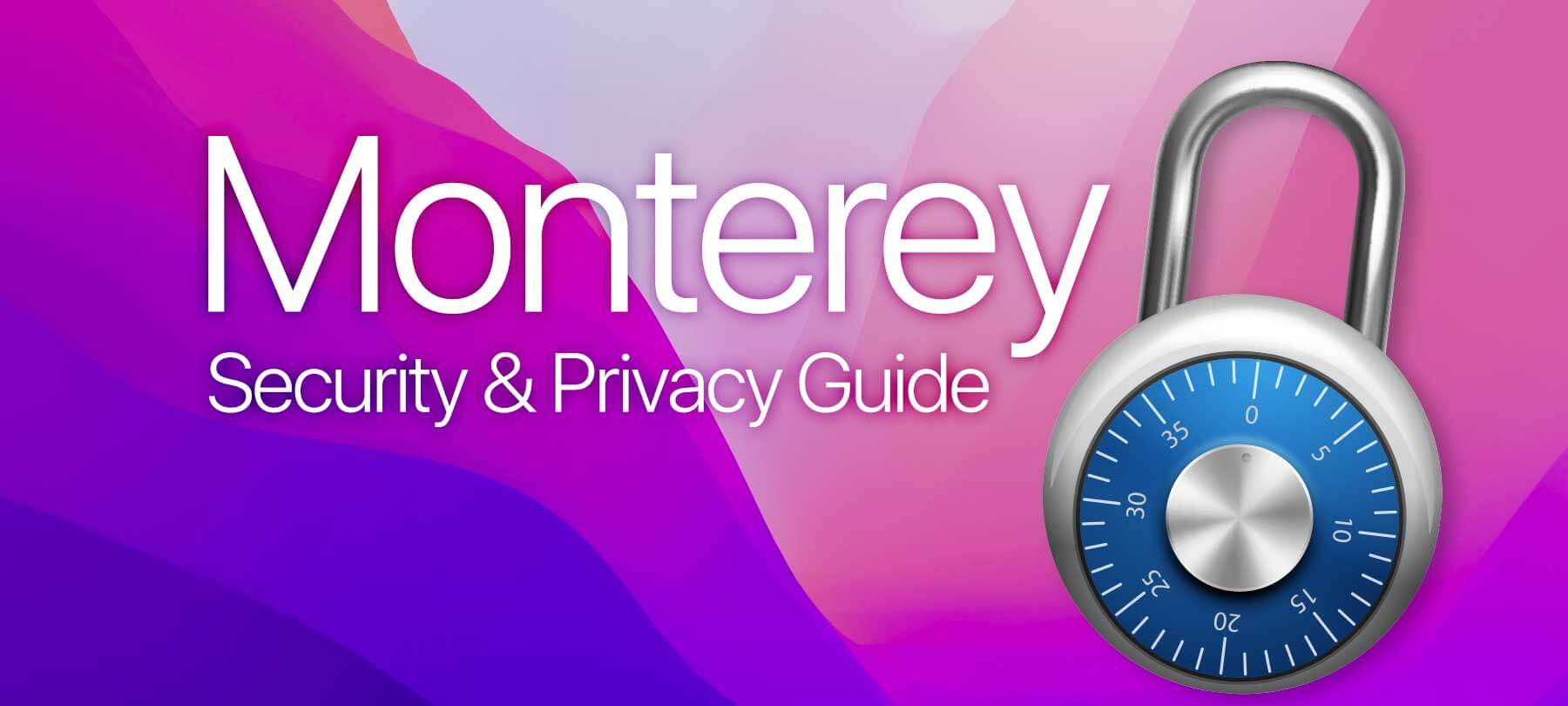Apple Rolls Out macOS 26 With Stronger Privacy, Call Screening, and Child Safety
Apple this week launched macOS 26, alongside updates for iOS, iPadOS, and other platforms, bringing a slate of privacy and security enhancements to its ecosystem. SecureMac highlighted several key features that also extend to iPhone, iPad, and Apple Vision Pro.
Safari Privacy Upgrades
Safari now enables advanced fingerprinting protection by default across all browsing modes, not just Private Browsing. Fingerprinting allows advertisers to track users through unique device characteristics. Apple first introduced these protections a few years ago, but the shift to “always on” represents a major step in user privacy. Settings can be verified under Safari > Settings > Privacy > Advanced Settings.
Smarter Call Screening
For Macs running on Apple Silicon—and iPhones—Apple has introduced new call screening tools. Options include:
- Never (no screening of unknown numbers)
- Silence (unknown callers sent directly to voicemail)
- Ask Reason for Calling – a futuristic feature where on-device intelligence prompts unknown callers to provide their name and reason before the call rings through. The Phone app then displays a summary, giving users more context before answering.
Stronger Parental Controls
Apple also expanded child account protections in macOS 26 “Tahoe.” Parents can now assign an age range instead of a fixed age, allowing developers to better tailor content without compromising children’s privacy. Additionally, kids must now send an approval request to their parent or guardian before messaging new contacts. Approval requests arrive via the Messages app for quick review.
These changes underscore Apple’s ongoing emphasis on user safety and privacy across its platforms.
Apple Boosts Developer Tools for Safer, More Private macOS Apps
While macOS 26 brought consumer-facing privacy upgrades, Apple also introduced developer-focused features aimed at strengthening user security and trust. SecureMac spotlighted three key improvements.
PermissionKit: Easier Parental Controls for Apps
Apple’s new PermissionKit framework helps developers integrate parental approval requests for activities such as chatting, friending, or following in apps. By lowering the barrier to implementation, Apple hopes more developers will adopt robust child-safety measures—though their effectiveness still relies on parents enabling Parental Controls.
Swift 6.2: Memory Safety Improvements
Apple’s programming language Swift 6.2 introduces guardrails to improve memory safety when apps interact with third-party APIs written in less secure languages. According to SecureMac, memory vulnerabilities remain a common source of macOS security issues, making this change a significant developer-side defense.
Foundation Models: Apple’s Privacy-First AI
Apple also unveiled its Foundation Models framework, granting developers access to the same on-device AI model powering Apple Intelligence. Unlike external Large Language Models (LLMs) from OpenAI, Claude, or DeepSeek, Apple’s approach emphasizes EdgeAI—running AI tasks locally on user devices to minimize data exposure and enhance privacy.
These tools position Apple not just as a hardware and OS maker, but as a partner for developers building safer, more privacy-conscious apps.
Apple Patches Dozens of Security Flaws Across Operating Systems
Apple’s latest round of updates wasn’t just about flashy new features—security fixes took center stage, with vulnerabilities patched across its entire ecosystem.
- iOS & iPadOS 26: Fixed 26 vulnerabilities
- macOS 26 Tahoe: Patched a hefty 75 vulnerabilities
- watchOS 26: Addressed 18 security flaws
- tvOS 26: Closed 16 security issues
- visionOS 26: Eliminated 17 vulnerabilities
Legacy Device Support
For older devices unable (or unwilling) to upgrade to the new “Liquid Glass” design language in OS 26, Apple also delivered critical security patches:
- iOS & iPadOS 18.7: 11 fixes
- iOS & iPadOS 16.7.12: 1 fix
- iOS & iPadOS 15.8.5: 1 fix
- macOS Sequoia 15.7: 34 fixes
- macOS Sonoma 14.8: 38 fixes
Why It Matters
While some users may prefer waiting for “dot-one” releases to smooth out design changes, SecureMac stressed that delaying updates for older OS versions leaves devices exposed. Even without the full OS upgrade, applying the available security patches is essential.



